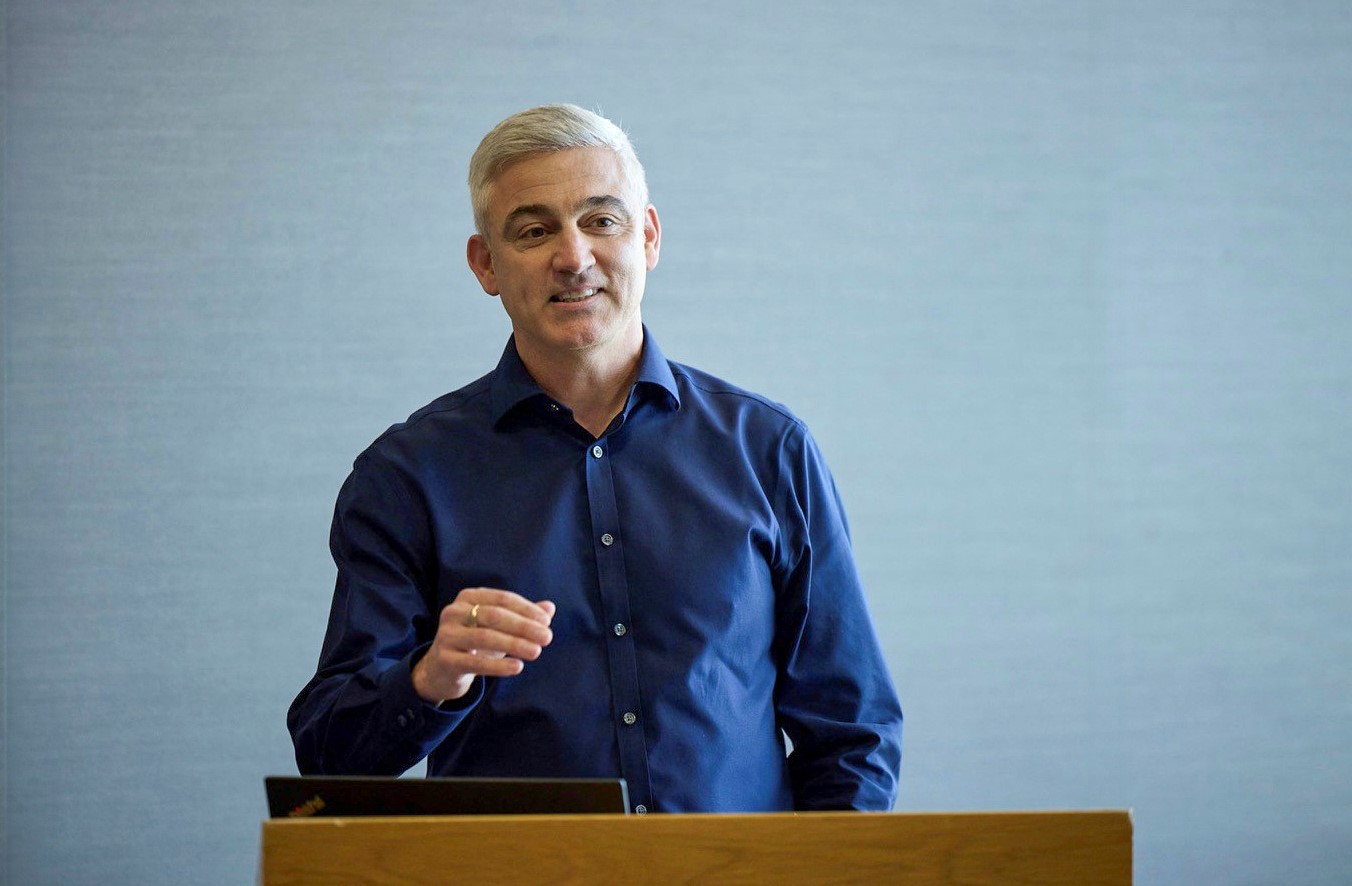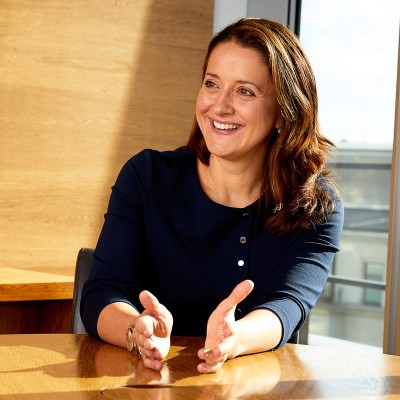Marginal gains. We can’t close the advice gap with efficiency alone
The financial advice industry is often portrayed as being in a state of crisis. Concerns over adviser shortages, career stagnation, and client succession dominate discussion, while increasing regulatory demands add further strain.
This can create the impression of an industry struggling to survive. However, thankfully, reality is almost never as simple as perception.
Despite these concerns, the number of financial advisers in the UK has remained relatively stable, even seeing slight growth in recent years. This is a positive development, especially given the rising demand for advice in areas such as protection, pensions, and investments. Additionally, technology has played a crucial role in making advisers more productive.
Between 2016 and 2023, the number of clients served per adviser increased by 47%, a clear indication of digital transformation’s impact on financial services.
More people receiving advice means more individuals making well-informed financial decisions. Proper pension planning, strategic investing, and robust protection policies all contribute to greater financial security.
However, despite these advances, increasing efficiency and adviser productivity alone is not enough to bridge the gap in access to financial advice.
The advice gap.
A growing concern.
Even with improved efficiency, professional financial advice remains inaccessible to the majority of people.
In 2023, only 8% of UK adults sought financial advice, leaving a vast 92% without professional guidance.
This gap puts millions at financial risk, whether from unforeseen health crises, unexpected life events, or the complexities of planning for a secure retirement. The demand for financial advice continues to grow, yet the supply of advisers is not expanding at the necessary rate
The challenge is not just about working more efficiently, it is about scaling advice services to reach a wider audience.
This is why alternative advice models – such as guided, targeted, or simplified advice – are gaining traction.
Both HM Treasury and the Financial Conduct Authority (FCA) recognise that the traditional, fully bespoke financial advice model is unsustainable for mass-market demand. Equally as reported in recent weeks, the UK’s biggest advice networks and financial services providers are taking notice – the momentum behind a quantum shift in the advice market is growing.
The need for transformation, not just evolution
The industry is on the brink of major change
Historically, the FCA has emphasised a gold-standard approach to financial advice, prioritising a highly personalised, face-to-face service. While effective, this model is too costly and time-intensive to extend across the broader population.
The rise of simplified or guided advice marks a significant shift. Rather than being a gradual evolution, this would be a bold transformation, one that will redefine how financial advice is delivered and accessed. Regulators and policymakers appear to be acknowledging this shift, in turn recognising the far-reaching societal benefits of increasing access to advice.
However, ambition alone won’t close the advice gap. Several foundational challenges must first be addressed to enable this transition.
Strengthening the industry’s infrastructure
For simplified advice to become viable, the broader financial services infrastructure must be strengthened.
A seamless, digital-first advice experience is of little value if the underlying financial ecosystem cannot support it. Persistent service issues, whether in processing pension transfers, handling protection claims or managing investments, continue to hinder progress and market reputation. Providers must step up to improve operational efficiencies and meet rising customer expectations in an increasingly digital landscape.
While technology has already improved adviser productivity, many financial service providers, particularly in the pensions sector, still rely on outdated legacy systems.
Concerns about project complexity and migration risks have led to stagnation, with firms hesitant to upgrade their existing, decades old technology. However, delaying digital transformation is no longer an option. Modern technology is more scalable, flexible, and advanced than ever before, making now the ideal time for firms to embrace innovation. Perhaps the most critical element of this transition is widespread industry acceptance. Financial advice is evolving, and that evolution is necessary. While face-to-face advice will always be invaluable for those with more complex- circumstances, a more pragmatic approach is required to expand access to financial planning services for those with base needs.
Balancing margin and efficiency
Financial sustainability is another crucial factor.
Consider the UK protection market – intense competition has driven provider margins to some of the lowest levels in developed markets. While this benefits consumers by keeping premiums affordable, it has also weakened profitability and led some insurers to exit the market altogether.
Simply raising prices to restore margins is not a viable solution as it risks reducing consumer demand. Instead, increasing efficiency must be the priority. Advisers consistently call for streamlined processes, emphasising the need for faster applications, automation, and simplified policy management.
Digital transformation should not be viewed solely as a cost-cutting measure, it is also about delivering a more effective and sustainable service.
Embracing change for a more inclusive future
Perhaps the most critical element of this transition is widespread industry acceptance. Financial advice is evolving, and that evolution is necessary. While face-to-face advice will always be valuable, a more pragmatic approach is required to expand access to financial planning services.
The key to success lies in striking the right balance.
Digital advice solutions should be implemented thoughtfully, ensuring that automation complements, rather than replaces, meaningful financial guidance.
Today’s digital advice users could become tomorrow’s fullservice clients – the choice between advice types is unlikely to be binary. By making financial guidance more accessible, individuals will build confidence in financial planning, which could ultimately increase demand for comprehensive, personalised advice in the future.
The next generation of financial advice cannot be built on marginal efficiency gains alone. It requires a fundamental rethinking of how advice is delivered, the infrastructure supporting it, and the industry’s broader mindset. By addressing these challenges head-on, we can create a financial services sector that truly serves the many, not just the few.

























